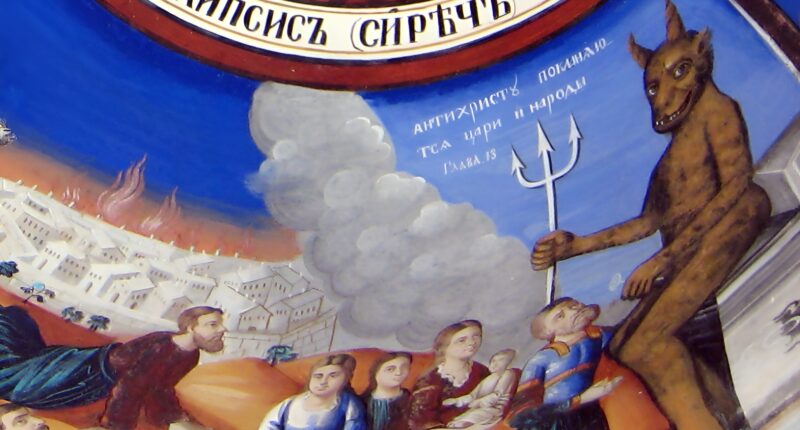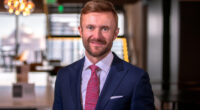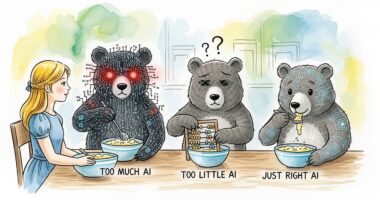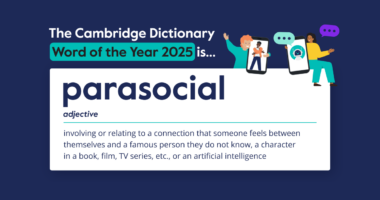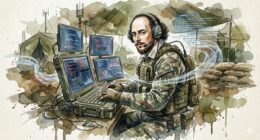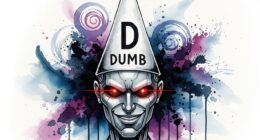Tech billionaire Peter Thiel delivered four secret lectures warning that artificial intelligence safety researchers and climate activists could hasten biblical apocalypse by promoting global governance to address existential risks.
Thiel hosted the sold-out series on San Francisco’s downtown waterfront beginning 15 September and ending last week, with tickets priced at $200 and attendees forbidden from taking photos, videos or recordings. The PayPal co-founder and Palantir executive identified AI safety researchers Eliezer Yudkowsky and Nick Bostrom alongside environmental campaigner Greta Thunberg as potential “legionnaires of the antichrist” who argue for world government to restrict technological progress, reports The Guardian.
Thiel, who describes himself as a “small-o orthodox Christian”, argued that fear of existential threats including climate change, artificial intelligence and nuclear war enables the rise of tyrannical global governance. “My thesis is that in the 17th, 18th century, the antichrist would have been a Dr Strangelove, a scientist who did all this sort of evil crazy science,” he said. “In the 21st century, the antichrist is a luddite who wants to stop all science. It’s someone like Greta or Eliezer.”
The investor, who has had close ties to Trump for nearly a decade and is credited with catapulting JD Vance into the office of vice-president, warned that international bodies, including the United Nations and International Criminal Court, are accelerating the path toward what he terms a “one-world state”. He suggested summary executions might have been preferable to the Nuremberg trials and criticised financial transparency measures that make it difficult to shelter wealth in tax havens.
Thiel identified positive tipping points in solar power and electric vehicles as examples of technological progress that should continue unrestricted, whilst warning that efforts to regulate artificial intelligence could empower authoritarian control. He described fellow investor Marc Andreessen’s optimistic statements about AI as “pure Silicon Valley gobbledygook propaganda” and said Microsoft co-founder Bill Gates is “a very, very awful person” but cannot be the antichrist because he lacks political power.
The lectures drew on religious thinkers, including René Girard and Nazi jurist Carl Schmitt, whom Thiel credited with creating the core of his beliefs. Protesters gathered outside the final lecture, holding signs reading “Predatory tech” and “We do not profit from people who profit from misery” in reference to Palantir’s government surveillance contracts.
Matthew Avery Sutton, a historian of American apocalypticism at Washington State University, warned that powerful actors reframing policy debates as battles against the antichrist raises anxieties and delegitimises democratic deliberation. He wrote that apocalyptic language can push a nation toward the nightmares it imagines, arguing that Americans should retire the antichrist from political debates.
The lectures coincided with a shooting at a Latter-day Saints meetinghouse in Michigan where the attacker declared Mormons were “the antichrist” before killing four worshippers, highlighting what Sutton described as apocalyptic language migrating from elite seminars to violent action.
